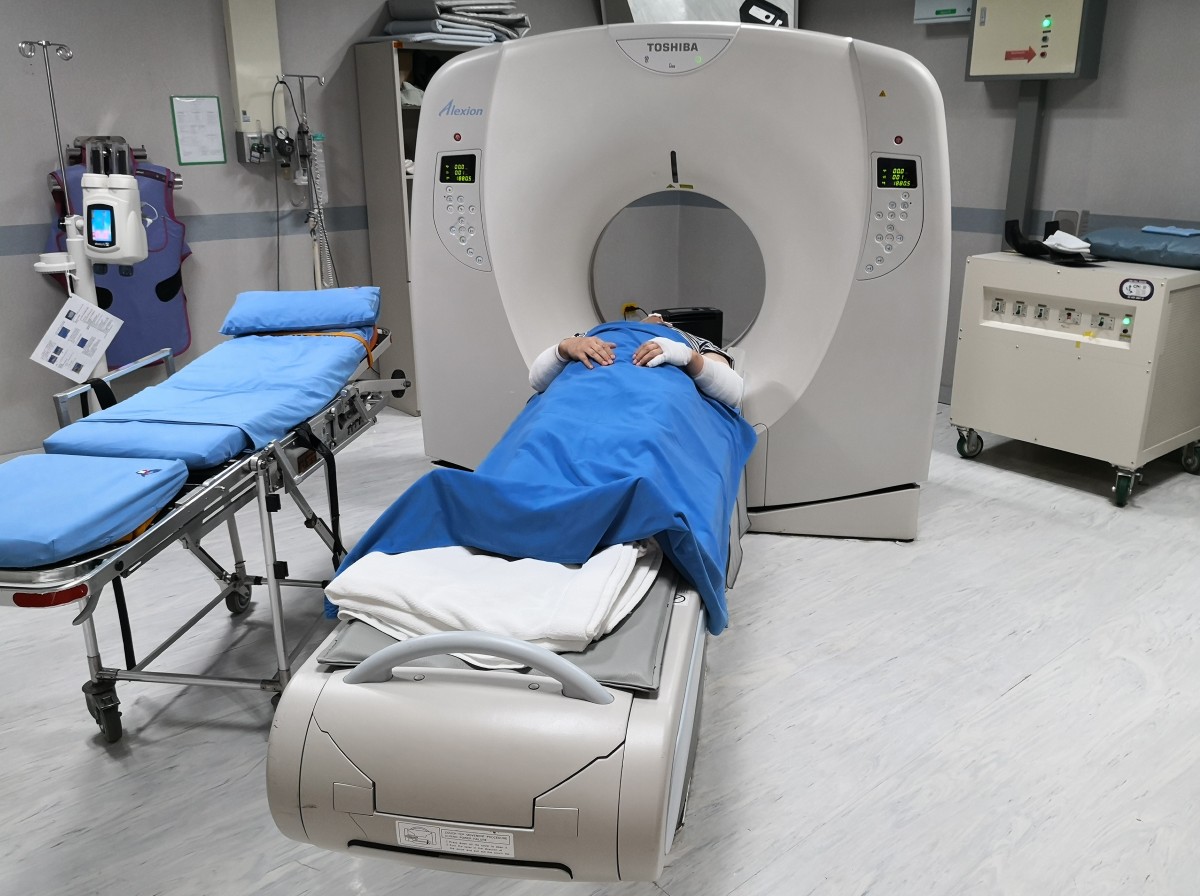The Pistoia Alliance, a global, not-for-profit alliance that works to lower barriers to innovation in life sciences R&D, is launching the next phase of its
blockchain project. This phase will focus on the development of practical life science R&D use cases that deliver clear ROI, as well as identifying which applications of blockchain will provide little value to the industry. The Pistoia Alliance will work with members to examine three areas blockchain has potential to improve; data identity (validating where and who data has come from), data integrity (ensuring data hasn’t been tampered with), and data sharing (within and between organisations). This latest chapter of the project follows the extensive work the Alliance has already undertaken to educate the industry about blockchain and support the sharing of knowledge and skills.
“The Pistoia Alliance has always been led by its members on which industry issues to focus on, and blockchain is becoming increasingly relevant to our community – from start-ups, to big pharma, to technology service providers,” said Dr Steve Arlington, President of The Pistoia Alliance. “We believe blockchain has an important role to play in the life science sector and want to solidify use cases now so the whole industry can realise the value sooner. By working together on this aim, we can ensure that our efforts are not duplicated and that even more stakeholders can benefit. Much of the industry is still at the ‘discussion’ stage of blockchain, we want to move beyond this and take action that actively supports members and leads to tangible outcomes that will benefit R&D, accelerate innovation and support the discovery of new treatments.”
Understanding the value of blockchain is still a challenge, with research of life science professionals from The Pistoia Alliance in 2018 finding the biggest barriers to adoption of the technology are access to skilled personnel (55 percent), and that blockchain is too difficult to understand (16 percent). Almost a fifth of those questioned believe blockchain adds no value beyond a traditional database. The Pistoia Alliance is working with members to address misunderstandings by providing education and information, as well as running webinars and workshops to support those interested in implementing the technology. This includes a dedicated workshop in London open to members and non-members, at which The Pistoia Alliance’s blockchain interest community will aim to develop at least one of the potential use cases to the proof-of-concept stage.
“There are still many misconceptions about blockchain in the life science industry that we need to work hard to overcome,” said Jake Dreier, Blockchain Project Manager and Consultant for The Pistoia Alliance. “Unfortunately, people’s perceptions have led to some organisations completely avoiding blockchain technology, and many others unsure of how it can benefit them. This is why The Pistoia Alliance is supporting a collaborative effort to help the industry get the most out of the technology. We want companies to come together to workshop their issues and ideas to decide where blockchain can provide a viable solution. We’re not trying to shoehorn a blockchain solution into every industry problem, but rather working to support its development where the technology truly adds value to the industry and ultimately, to patients’ care.”
The Pistoia Alliance will be hosting its ‘Blockchain – R&D Use Case Analysis Workshop’ in London on 12th March 2019 to evaluate the applicability of blockchain technology in a variety of R&D-focused use cases. The event will be supported by Fraunhofer FIT, a research institute for digitisation providing user-friendly smart solutions for R&D. The workshop is open to both Pistoia Alliance members, for free, and non-members, for a fee. You can find more information, and instructions on how to register, here.




